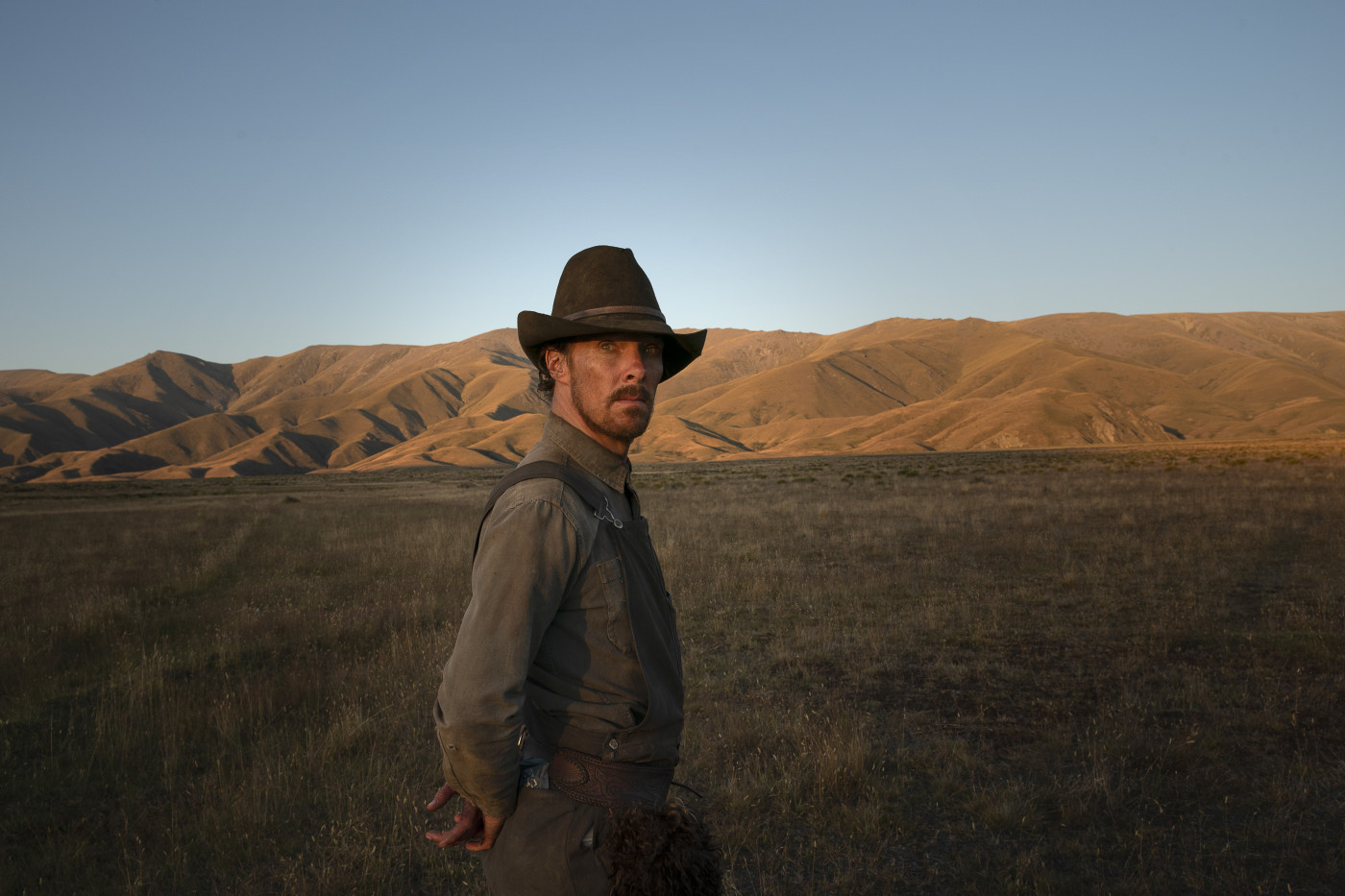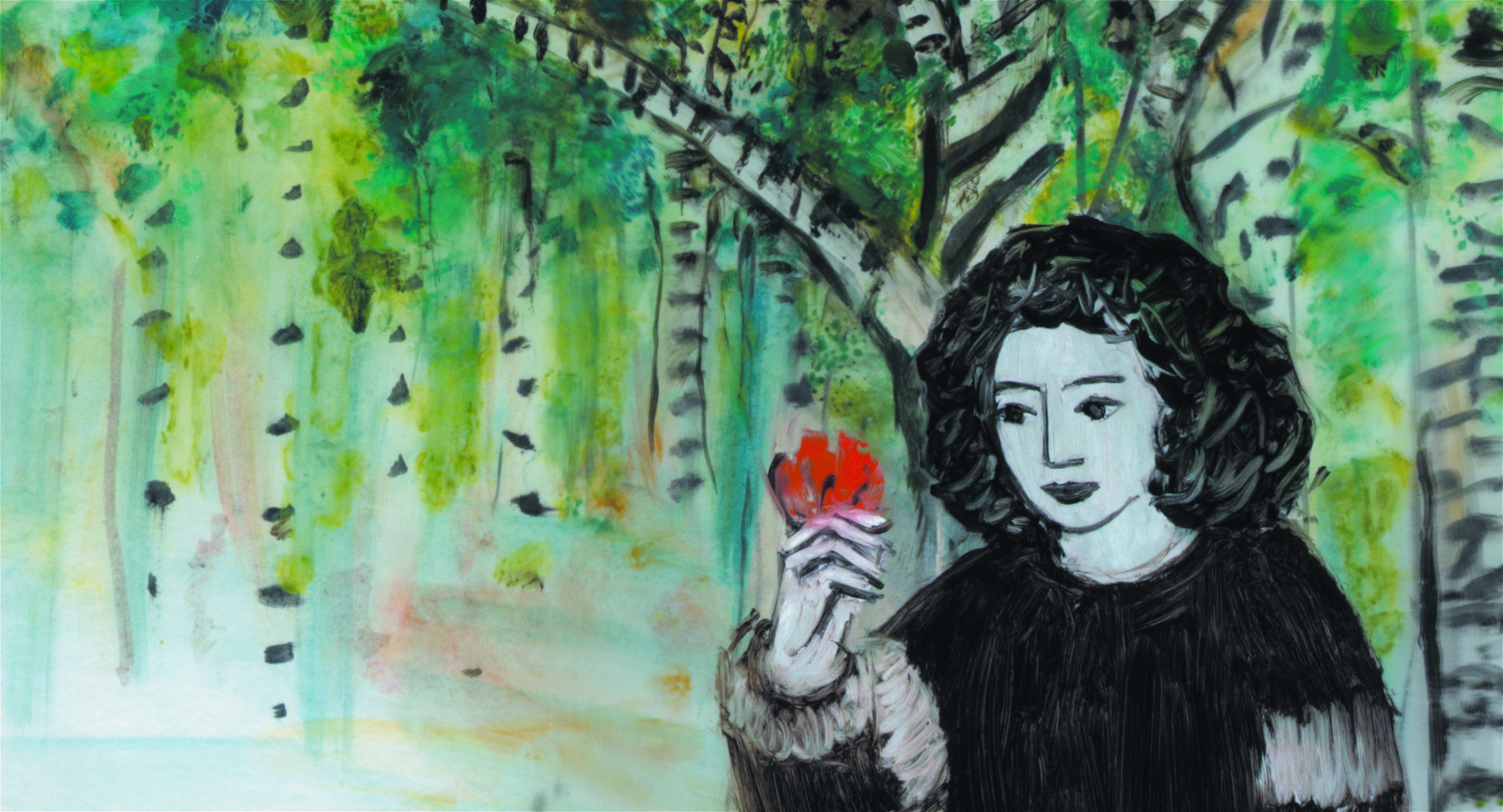A selection of ten films that have shaped the cinematographic year 2021
For the last two years, the world has been experiencing extraordinary turbulence that has affected all sectors of society, including culture and cinema, which had already been undergoing various transformations and difficulties for several years. After these two years under pandemic, it appears that the creation is an essential good to the humanity, that the fact of living it collectively also and, as regards the cinema, that a film of cinema and made and thus must be looked at on a screen in a cinema room! Here is a selection of 10 films seen in theaters this year. The links point to reviews and interviews written in French by j:mag.
Cenzorka (107 Mothers, Péter Kerekes, 2021) seen at the Mostra and Cottbus Filmfestival 2021: With very few words, a lot of visual sensitivity, tact in the direction of the actresses, moments of humor, a double look that guides us, the Slovakian director succeeds in making us enter without any pathos in a world nourished by dramas, loneliness, but also by small sparks of happiness. He provokes a feeling of strangeness, of fascination for an unknown universe, without ever giving a feeling of voyeurism.
The Power of the Dog (Jane Campion, 2021) seen at the Zurich Film Festival 2021: Jane Campion delivers a psychological western that she brilliantly constructs like a puzzle that falls into place throughout the narrative; combined with a masterful cinematographic art with a magnificent open set that stretches as far as the horizon, making a counterpoint to the exiguity of the mentalities; the camera punctuates pictorial panoramic shots with scenes in which the brutality, even the barbarity of the men gush out.

© 2021 Ascot Elite Entertainment Group
Babardeală cu bucluc sau porno balamuc (Bad Luck Banging or Loony Porn, Radu Jude, 2021) seen at the Berlinale 2021: An iconoclastic triptych. Radu Jude likes to play with cinematographic forms, narrative structures, and the audience, which he pushes around to take them down steep reflective paths. With his last film, he shakes things up right from the pre-credits sequence: an amateur sex tape. The film is then made up of three distinct parts that plunge us into the geographical, historical, and societal topography of post-communist Romania caught up in its old demons.
Doraibu mai kâ (Drive My Car, Ryusuke Hamaguchi, 2021) seen at Cannes 2021: A moment of pure magic that transforms the cinema experience into a piece of art. A flawless narrative construction, a story whose silences say as much as the words, a photography that plays with the spaces and the huis clos, a mise en abyme theater/cinema that does not suffer any artificiality. A must-see.
The same year, the Japanese director won the Silver Bear – Grand Jury Prize at the Berlinale for Guzen to sozo (Wheel of Fortune and Fantasy).
Nebesa (Heavens Above, Srdjan Dragojević, 2021) seen at Locarno 2021: The cinematic genre chosen by Srdjan Dragojević is a black comedy, which gets darker as the story progresses, and we sink into the mire of humanity – we laugh heartily during the first third of the film, we start to laugh yellow or nervously afterward. The narrative arc is that of parabolic realism through three stories of the same family that spans three decades: 1993, that of sin, 2001, that of grace, and 2026, that of the Golden Calf.
La Mif (The Fam, Fred Baillif, 2021) seen at the Berlinale 2021: In the heart of a foster home, a group of teenage girls lives with their educators. As would be the case for a classic family, they have not chosen each other, but they live under the same roof. The Genevan filmmaker is a social worker by training, so it is into a world that is familiar to him that he brings us, by taking a sharp look at a sclerotic and retrograde system. He avoids the pitfalls of a hackneyed subject in both documentary and fiction cinema by offering a kaleidoscopic vision of a foster home that is not only about the young people, but also about the educators, who are also struggling with their problems and interpersonal conflicts.
Brotherhood (Francesco Montagner, 2021) seen at Locarno 2021: Francesco Montagner manages the feat of immersing his audience in a film whose documentary nature is not fully understood. The story he tells is quite unusual, but the fact that the protagonists were possibly filmed is even more so. Obviously, as in any documentary, there is a script, an artistic bias – here a camera that calmly relates the events, alternating close-ups on the faces and wide shots restoring the landscapes of this remote region in a beautiful photography signed by Prokop Souček – a part of staging and, in the editing – carried out in a very fine way by Valentina Cicogna – the angle chosen by the director. What makes Brotherhood so curious, and as such so interesting, is that all these elements are visible and give the film a fictional side.
Looking for Venera (Norika Sefa, 2021) seen at Prishtina Film Festival PriFest and Cottbus 2021: What a year for Kosovar cinema, with Hive (Blerta Basholli) selected for the Oscars or The Hill Where Lionesses Roar (Luàna Bajrami) presented at Cannes! This other film represents all the talent, creativity, and strength of women filmmakers in this country! Norika Sefa immerses us with extreme delicacy in the atmosphere of the hinterland where the youth is confronted with the narrowness of the mentalities and the possibilities that the future offers them. The director does not use any artifice or sensationalism but proves her cinematic audacity by using the frame as a narrative support. Superb!
La Traversée (The Crossing, Florence Miailhe, 2020) seen at Festival international du film d’animation d’Annecy 2021: A poignant animated film with a timeless and universal story, unfortunately, we want to say, which evokes the escape of children from war zones. In addition to this is the magnificent work of the director who uses paint on glass for each shot, a huge work for a breathtaking result on the screen!

Image courtoisie Les films de l’Arlequin
Kun Maupay Man It Panahon (Whether the Weather Is Fine, Carlo Francisco Manatad, 2021) seen at Toronto International Film Festival 2021: Carlo Francisco Manatad’s talent is to propose a film that is both fully realistic in its description of the post-disaster (super typhoon Haiyan of 2013) and psychedelic in its intimate perception of disorientation that he manages to convey in a very cinematic way.
Malik Berkati
© j:mag Tous droits réservés